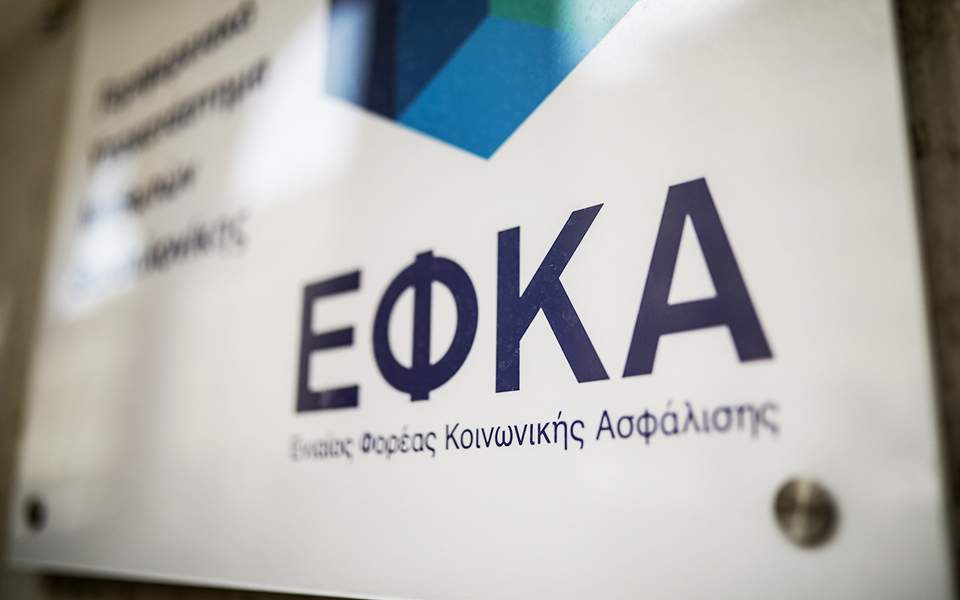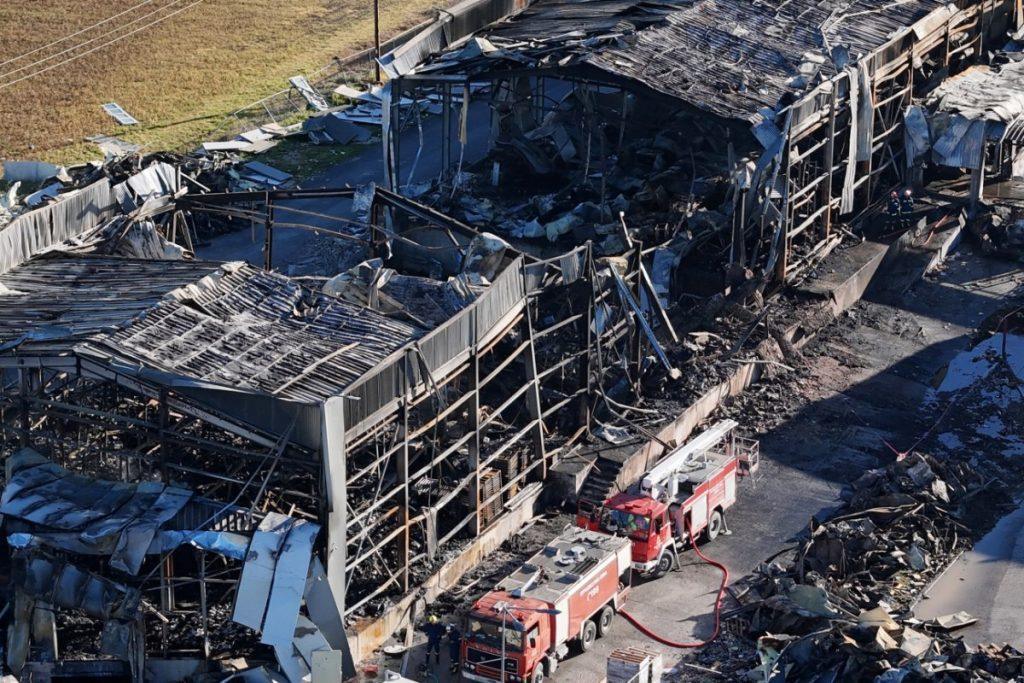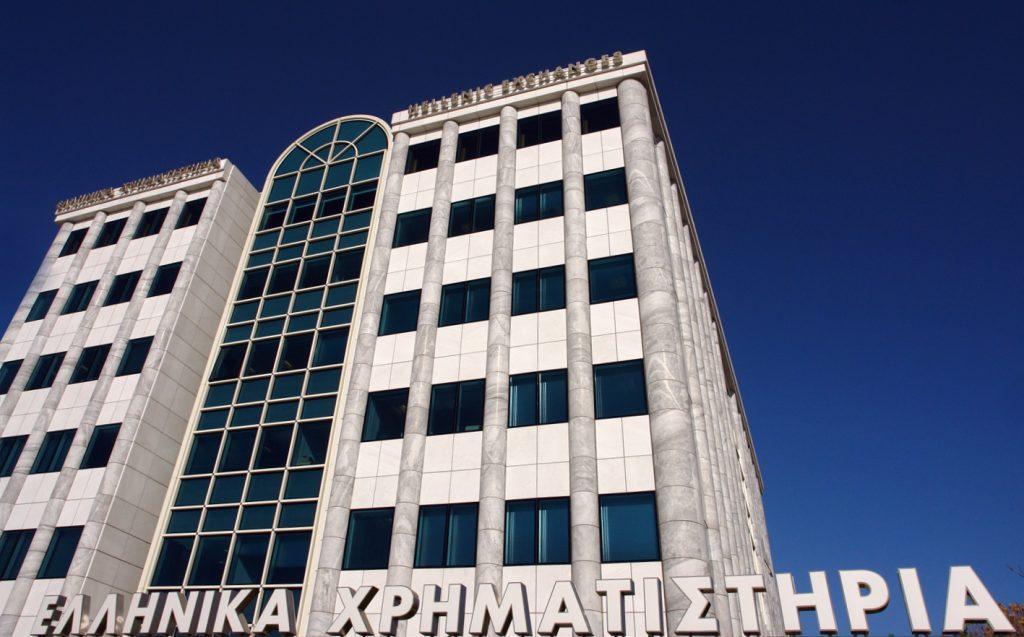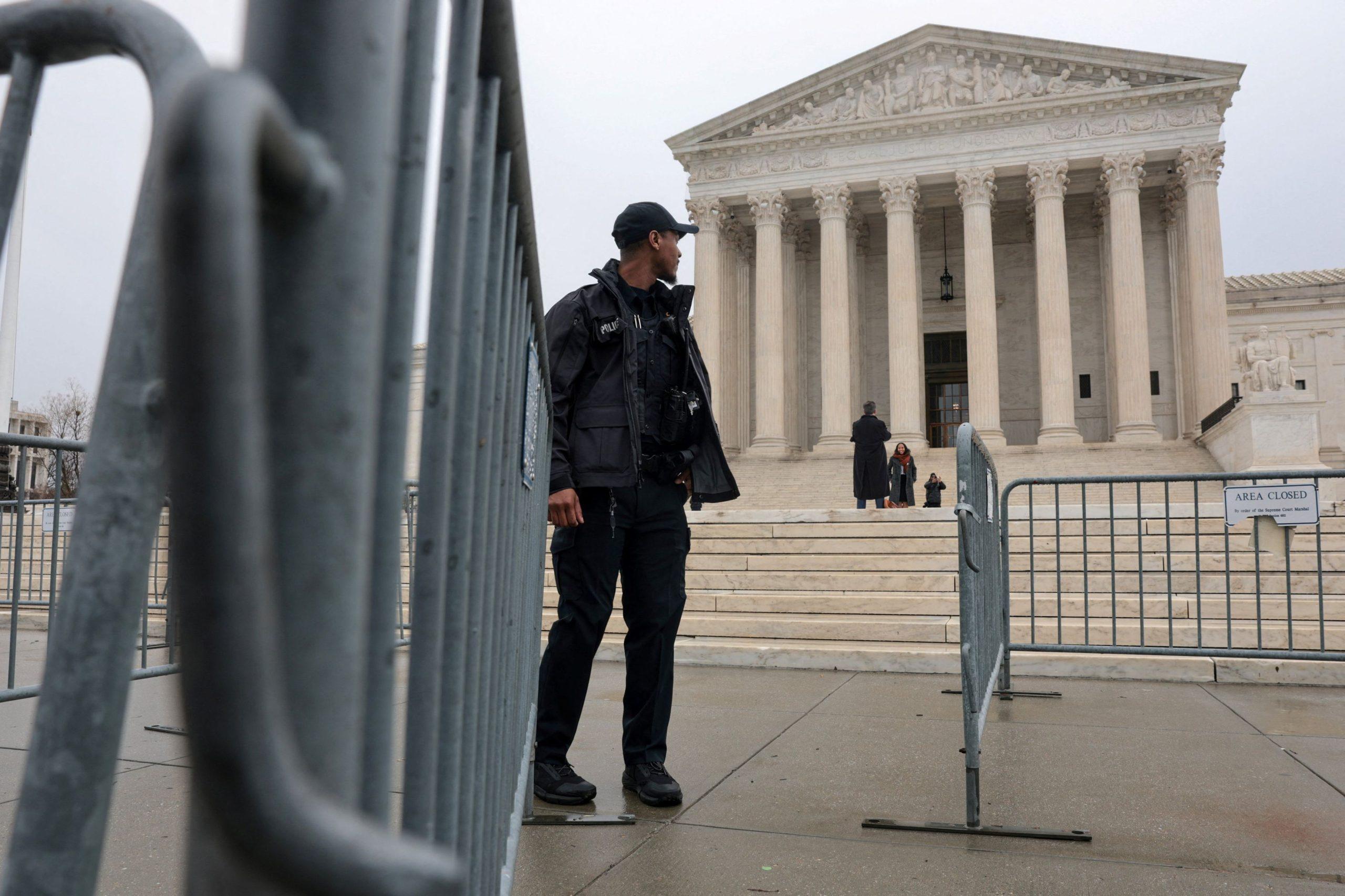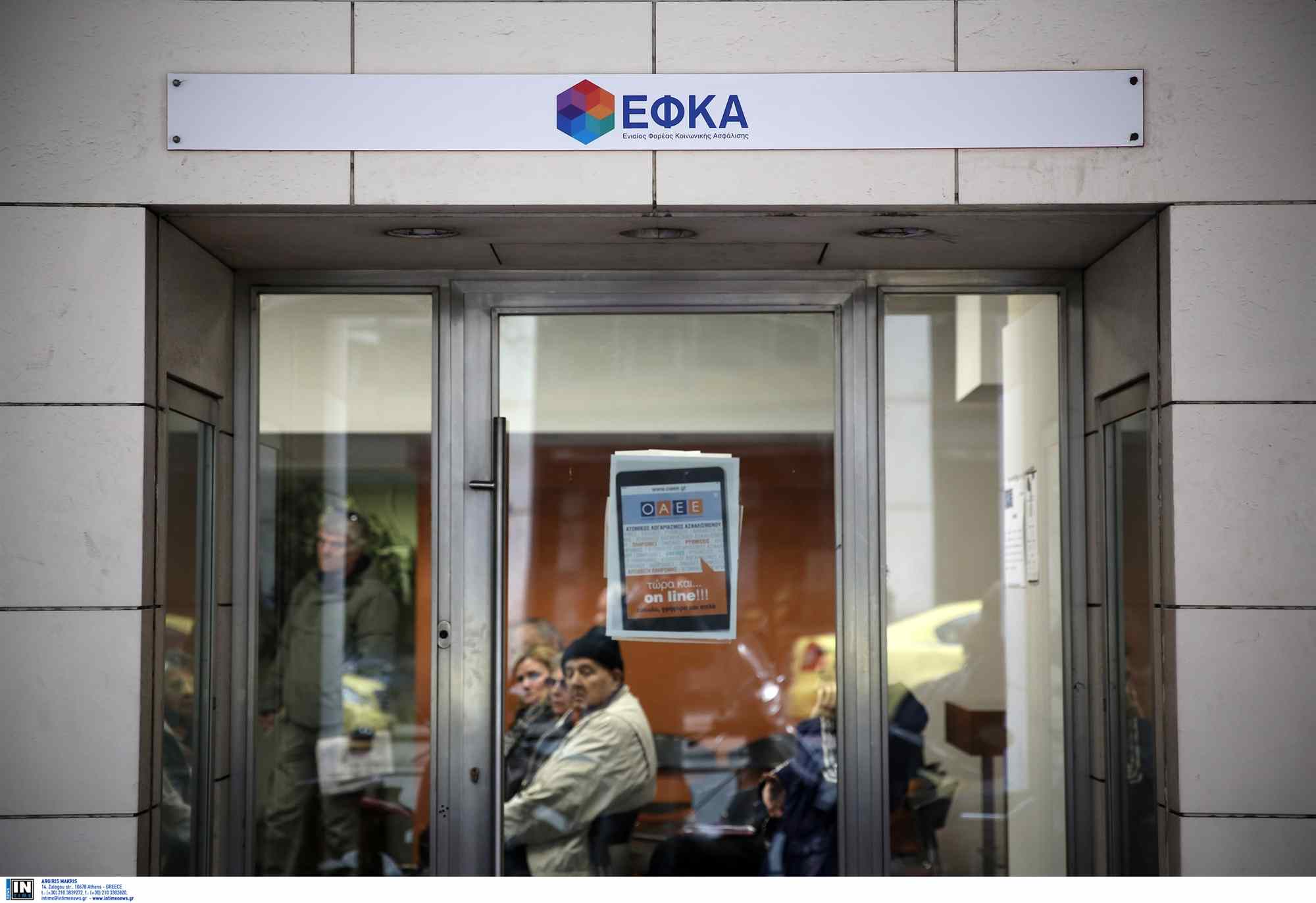New “alarm bells” are sounding over a “demographic timebomb” expected to affect the sustainability of Greece’s social security system in the coming decades, although the Greek government this week again insisted that it will not proceed with any hike in the retirement age from 2027 and onwards.
Among others, Deputy Minister of Labor Anna Efthymiou categorically denied speculation of a hike retirement age limits, stating:
“There is no question of adjusting the retirement age limits. During the first memorandum period, age limits were linked to increases in life expectancy. However, the upward adjustment for age limits that took place in August 2015 gives us a safety margin…This is an issue that we are clearly monitoring, but there is no prospect of any change under the current circumstances. It is important to reassure insured persons who are rushing to apply for retirement now due to speculation. There is no cause for concern,” Efthymiou was quoted in the Tuesday edition of Ta Nea.
According to the European Insurance and Occupational Pensions Authority (EIOPA) forecasts, state-run social security systems will not be able to finance pensions in the future because the ratio of contributors to pensioners will have increased significantly due to demographic aging in Europe.
In fact, the impact on Greece will be even worse because the phenomenon of demographic aging and decline is more pronounced in the country.
Data shows that today the ratio of working people to pensioners in Greece is approximately 1.65 to 1. This means that for every pensioner there are approximately 1.65 active working people. However, the ratio is constantly decreasing, with estimates pointing to a future increase in the number of pensioners. Studies show that the ratio of insured persons to pensioners, which is currently 1.65 to 1, will fall to 1.46 to 1 by 2030 and to 1.23 to 1 by 2050.
Source: tovima.com



